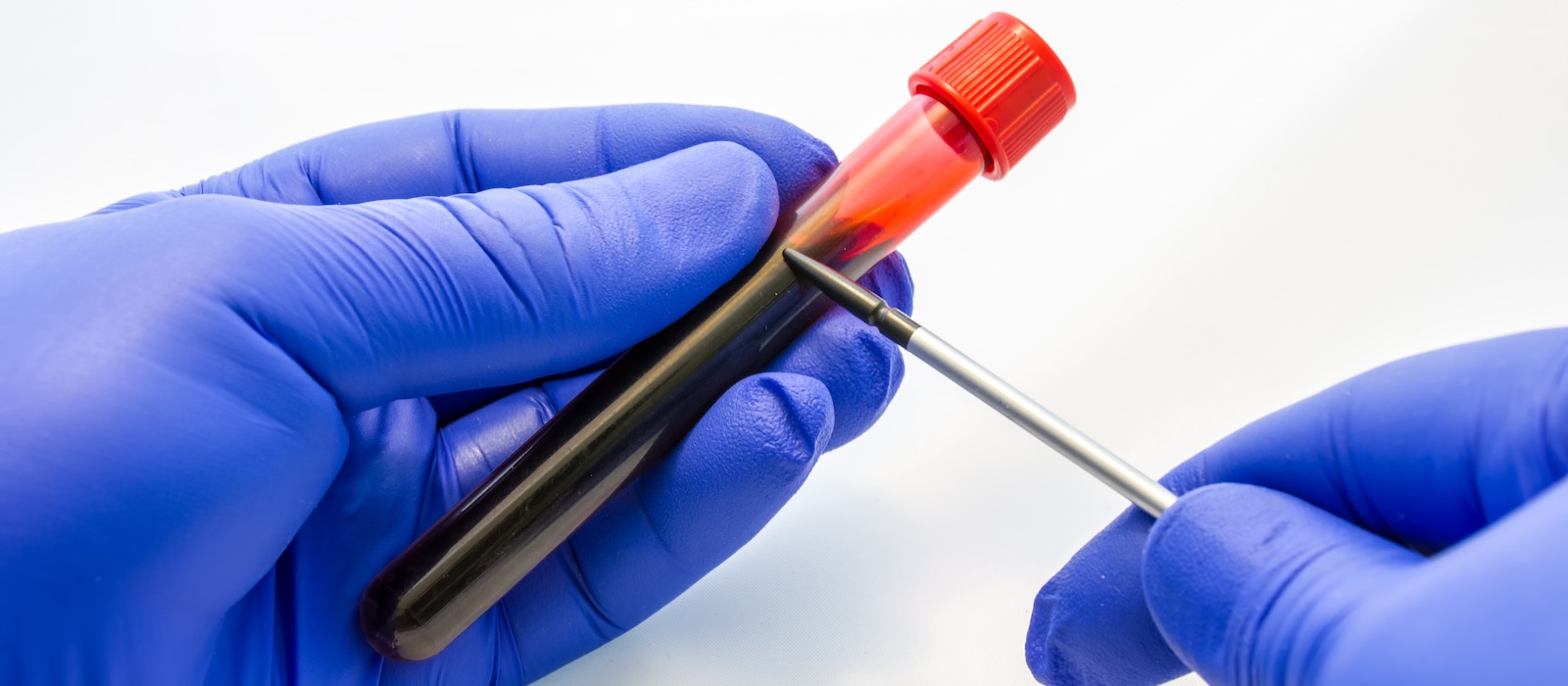- There are many reasons why people decide to use cannabis, but regardless of the motivation, understanding the effect the plant has on the body is an aspect that should never be neglected.
- Cannabis interacts with a wide range of hormones, including estrogen, testosterone and the growth hormone.
- To better understand the effect cannabis has on the endocrine system, further research is necessary that explores the link between the plant and bodily hormones.

The human body is composed of several systems – e.g. the circulatory and the lymphatic system – that work together in order to regulate vital bodily functions. Among these is the endocrine system, which produces hormones and acts as a communication network within the body. Consisting of the hypothalamus, the pancreas, the sex organs and various hormone-secreting glands, namely the thyroid, the pineal and the adrenal gland, it releases hormones into the bloodstream that act as chemical messengers.
One lesser known system is the endocannabinoid system, a neural network located in the brain and in the central and peripheral nervous systems of mammals that plays a part in a number of bodily functions, including appetite, pain management and mood.
What's interesting is that the endocannabinoid system is closely linked to the endocrine system, causing the interactions that make cannabis an effective painkiller, appetite stimulant and mood regulator. Unfortunately, research on the effect of cannabis on the endocrine system is thin on the ground. This is why all findings so far have made a difference in some way.
Among the many hormones produced by the body, each of which with their own specific functions, the most well-known are testosterone, estrogen, cortisol, insulin, progesterone, prolactin and the thyroid hormone. These influence fertility, growth, mood, metabolism and the immune system.
The endocannabinoid system is closely linked to the endocrine system, making cannabis an effective painkiller
The effect of cannabis on hormones, according to science
A recent study has shown that regular cannabis use may have an impact on a variety of hormones, suggesting that THC may have the ability to regulate prolactin, adrenal, thyroid and growth hormones. But why is this so?
The researchers believe this is due to the fact that the cannabinoid interacts with a number of neurotransmitters in the hypothalamus and in the central nervous system – the hypothalamus is located on the undersurface of the brain and connects the nervous system to the endocrine system. Cannabis, notably THC, has also been found to affect sex hormones, including estrogen, testosterone and growth hormones.
A study published in January 2019 found that men who smoke cannabis produce better quality sperm and have higher testosterone levels. These results contradicted the researchers' assumption that cannabis would negatively affect sperm quality. Far from it, the findings suggest that moderate cannabis use can have a positive effect on hormones, which play a major role in fertility. The positive benefits, however, decrease as consumption increases.
Cannabis and female and male hormones
For years, much of the research has focused on the link between cannabis and male hormone production, often neglecting female hormones. Accordingly, we now know that cannabis can increase testosterone levels. It is no less true, however, that high levels of THC can have an anti-estrogenic effect, and thus suppress the female hormone.

THC has a significant effect on bodily hormones because it interacts with a number of neurotransmitters in the hypothalamus
Researches also believe that women become more sensitive to cannabinoids such as THC during ovulation. Also, new studies confirm that the female body absorbs cannabis differently depending on estrogen levels. According to a 2014 study by the Washington State University, female rats are about 30 per cent more sensitive to THC than male rats, which resulted in higher pain tolerance due to increased drug sensitivity during ovulation.
However, clinical studies on humans are necessary if we are to fully understand the link between cannabis and female hormone production. According to recent research, high levels of prolactin may cause women to experience problems including high stress levels, mental health issues such as anxiety and depression, infertility, osteoporosis and estrogen dominance. This is why understanding how the therapeutic and medicinal benefits of cannabis may help with this can be an interesting focus of research.
Low prolactin levels, in turn, are believed to reduce the risk of developing testicular and breast cancer. But while low prolactin levels are to be preferred over high levels, prolactin suppression can negatively affect fertility and postpartum recovery.
Other hormones to consider
Another area that needs more research is the effect of cannabis on the thyroid gland. While we know the plant can reduce the levels of TSH, the hormone that stimulates and controls thyroid gland activity, the scientific community has not yet unravelled the mechanism behind this, meaning that much remains to be learned about the role cannabis plays on thyroid function.
Another hormone that is not immune to the effects of cannabis is the growth hormone (HGH). Secreted by the pituitary gland, HGH binds to CB1 receptors in the endocannabinoid system, stimulating the metabolism of carbohydrates and improving the sensitivity of insulin receptors, which in turn increases muscle mass and reduces body fat.
When suppressed, HGH suppresses growth and proliferation of cancer cells, which could prove highly beneficial if well understood. The hormone plays a key role also in female fertility, helping regulate the menstrual cycle. Additionally, it supports healthy physical and mental development during growth.
In short, further research is needed in order to fully understand the way cannabis affects the endocrine system. Although cannabinoids provide numerous painkilling, anti-inflammatory and antidepressant properties, among others, only future research will be able to determine how cannabis affects hormone production.





Comments from our readers
There are no comments yet. Would you like to be the first?
Leave a comment!Did you like this post?
Your opinion about our seeds is very important to us and can help other users a lot (your email address won't be made public).